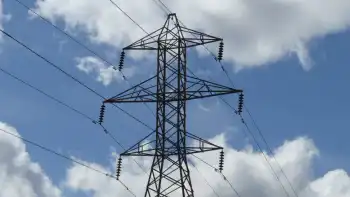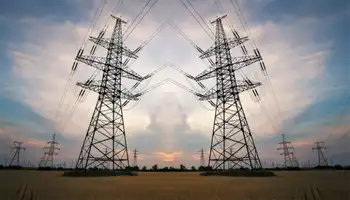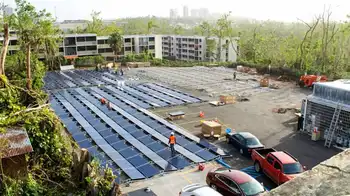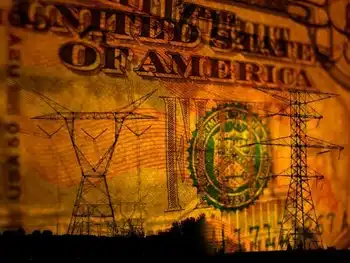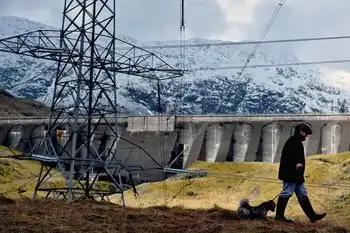Olympics could power a small city
By Vancouver Sun
NFPA 70e Training
Our customized live online or in‑person group training can be delivered to your staff at your location.

- Live Online
- 6 hours Instructor-led
- Group Training Available
BC Hydro spokeswoman Simi Heer said that the corporation has planned for supplying 80 gigawatt hours of electricity to the Games, the equivalent of powering 7,300 homes for a year. Conservation measures built into the Olympic venues, however, have limited those additional electricity demands, saving an estimated 18 gigawatt hours, she added.
Whistler Olympic Park — home to biathlon, cross-country, ski jump and Nordic combined competitions — has had the highest peak one-day usage of all Olympic venues at 6.9 megawatts.
The Whistler athletes' village reached 5.8 megawatts, the International Broadcast Centre 5.6 megawatts and both Canada Hockey Place and the Vancouver athletes' village 5.4 megawatts.
Heer emphasized that electricity use during the Games is "within what we forecasted and planned for," and that 80 gigawatts represent 0.15 per cent of B.C.'s yearly consumption.
Terasen Gas spokeswoman Kirsten Walker said natural gas usage is down from last winter in the Lower Mainland despite the Olympics due to the warmer springlike temperatures, but she could not immediately provide statistics.
In advance of the Games, this past summer the Resort Municipality of Whistler was converted from piped propane to cleaner-burning natural gas, Walker added. The conversion contributed to an annual 15-per-cent reduction in greenhouse gas emissions for customers, she said.
Vancouver sanitation crews are working around the clock to keep pace with a 300-to 400-per-cent increase in garbage being deposited into public litter containers downtown during the Olympics.
Chris Underwood, solid waste manager for the city, said about 5.5 tonnes of garbage are winding up in city containers every two days.
He said an additional 100 sanitation staff have been hired to work around the clock in addition to the normal crew of 25 to 30. "We have more staff and more coverage."
United We Can, a non-profit group, is also employing a 60 people to collect an average 2,000 recyclable pop bottles and juice containers daily from special recycling receptacles, Underwood said.
Meanwhile, the Sierra Club teamed up with several athletes to condemn the greenhouse gases being produced by Alberta's polluting oilsands.
Alison Gannett, a world champion freestyle skier, charged in a statement that the global warming emissions from the oilsands are a "threat to the future of skiing and the health of our kids."
Sierra Club launched a U.S.-based "Love Winter, Hate the Oilsands" campaign that includes ads targeting winter sports enthusiasts, a new web-site, a sticker giveaway and tens of thousands of e-mails asking Americans to sign a petition to President Barack Obama.
The environmental group charged that the oilsands emit three times the global warming pollution as conventional oil and require clear cutting forests, while wasting and polluting water and leaving behind toxic lakes.
By accelerating climate change, the oilsands threaten to bring more drought, receding glaciers and early snowmelt, Sierra said.






